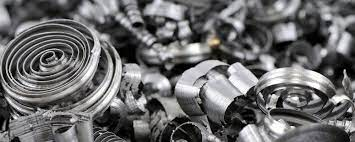Metal Bonding Adhesives industry is a huge market, which has evolved over the years into a complete set of related products. Metal bonding adhesives, like the ones from CT1, include various types of substances used for mechanical connection and also for soldering and melting of metals. Most of them are thermoset adhesives and thermoset polyimide adhesives. Thermoplastic adhesives, epoxy glue, polyimide adhesive, epoxy glue etc are some of the commonly used bonding solutions.

As discussed above metal bonding adhesives are used in many sectors of the medical industry for fastening and assembling parts and assemblies. They are used extensively in the dental, pharmaceutical, cosmetic, surgical, industrial, repair and design industries. There is a huge range of mechanical bond products available in the market and can be used for a variety of applications. The most important sectors for which metal bonding adhesive products are used include automotive welding, packaging applications, precision component fabrication, electronics manufacture, aerospace applications, and medical industry. Due to the extreme requirements of the automotive and other manufacturing industries, bonding systems and adhesives of various kinds are developed and produced.

There are several manufacturers and suppliers in the metal adhesives market and they compete with each other for market dominance. It is very important that you must choose a supplier who has been in this business for quite some time and is able to provide you with quality adhesive products that satisfy your industrial application needs. It is important that you must do proper research and identify the company who has built a good reputation in this industry. Make sure they have skilled workers and quality standards are maintained at all times. Once you have decided to buy metal adhesives from a particular company, it is important that you should go through their product portfolio so that you can identify the specific bond products they produce.




